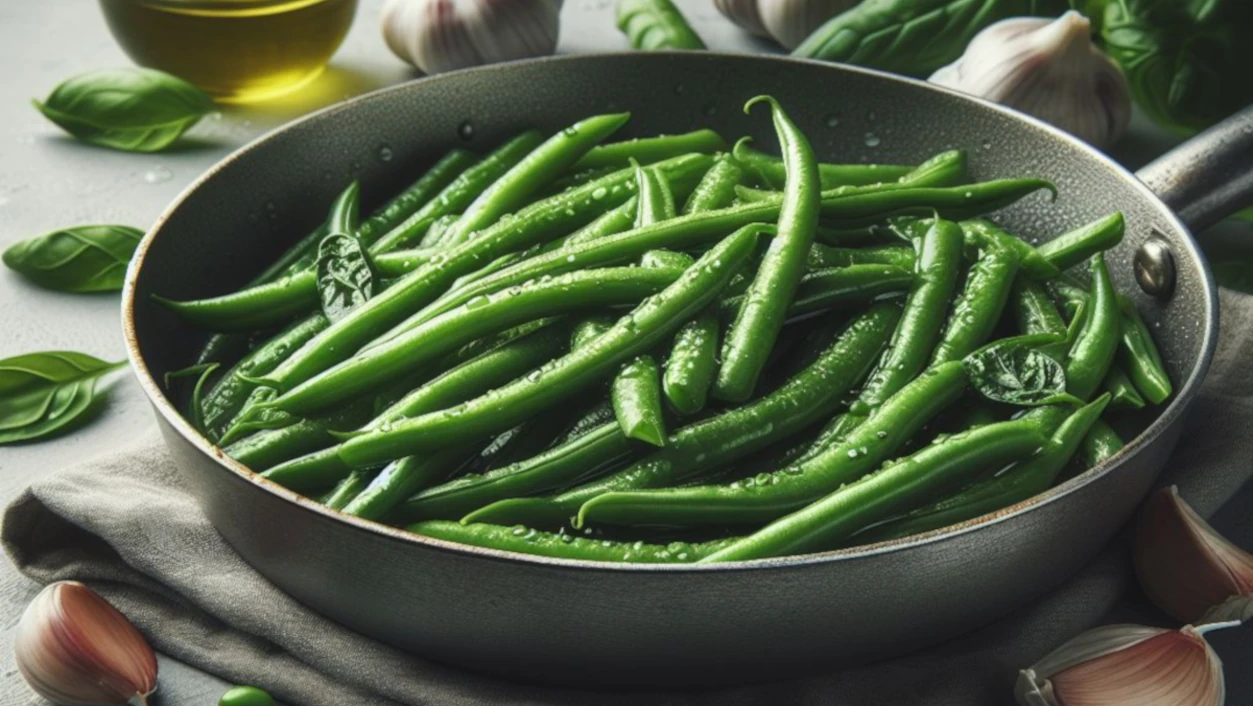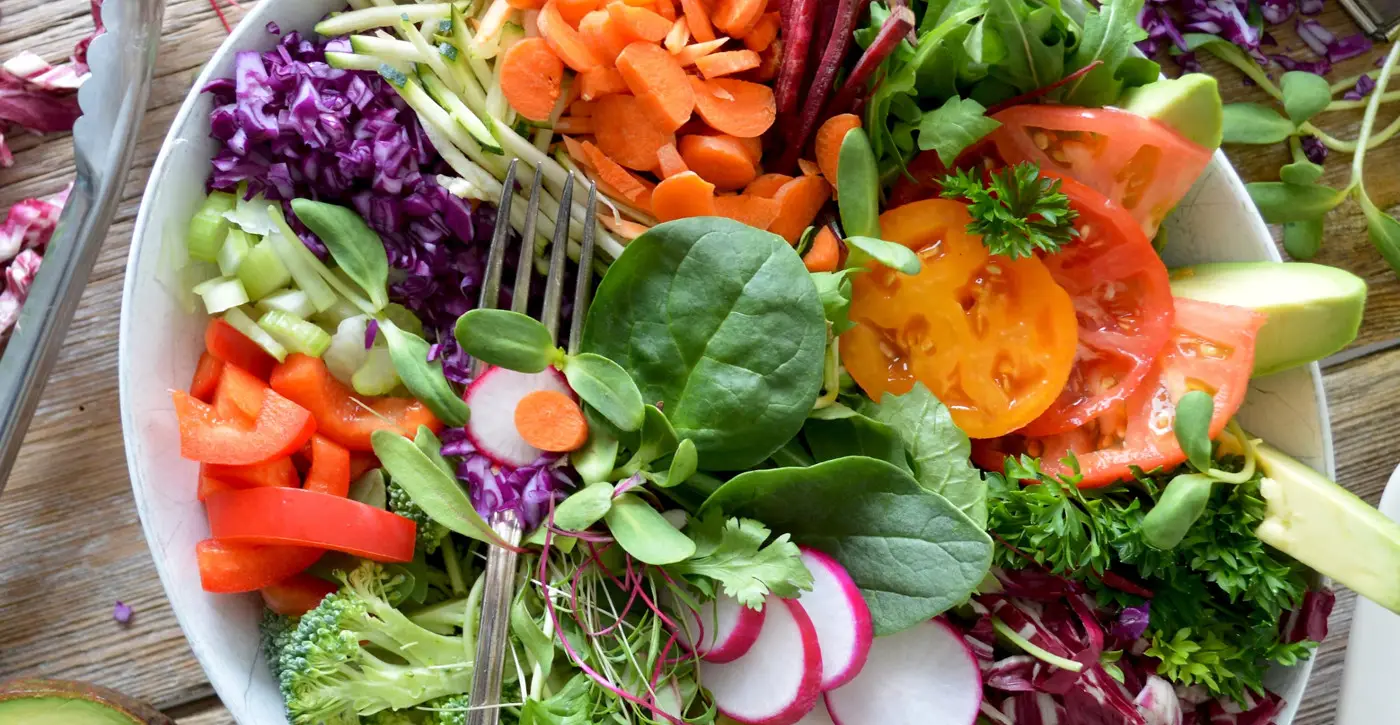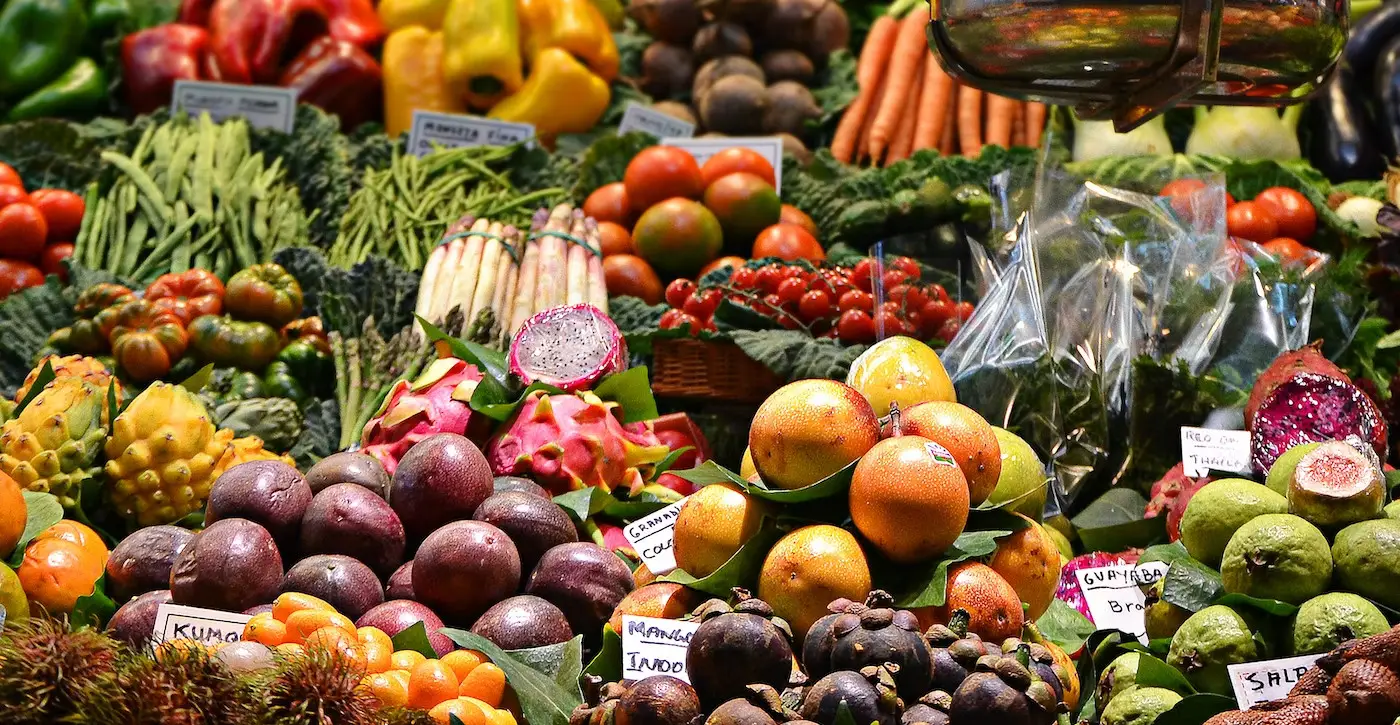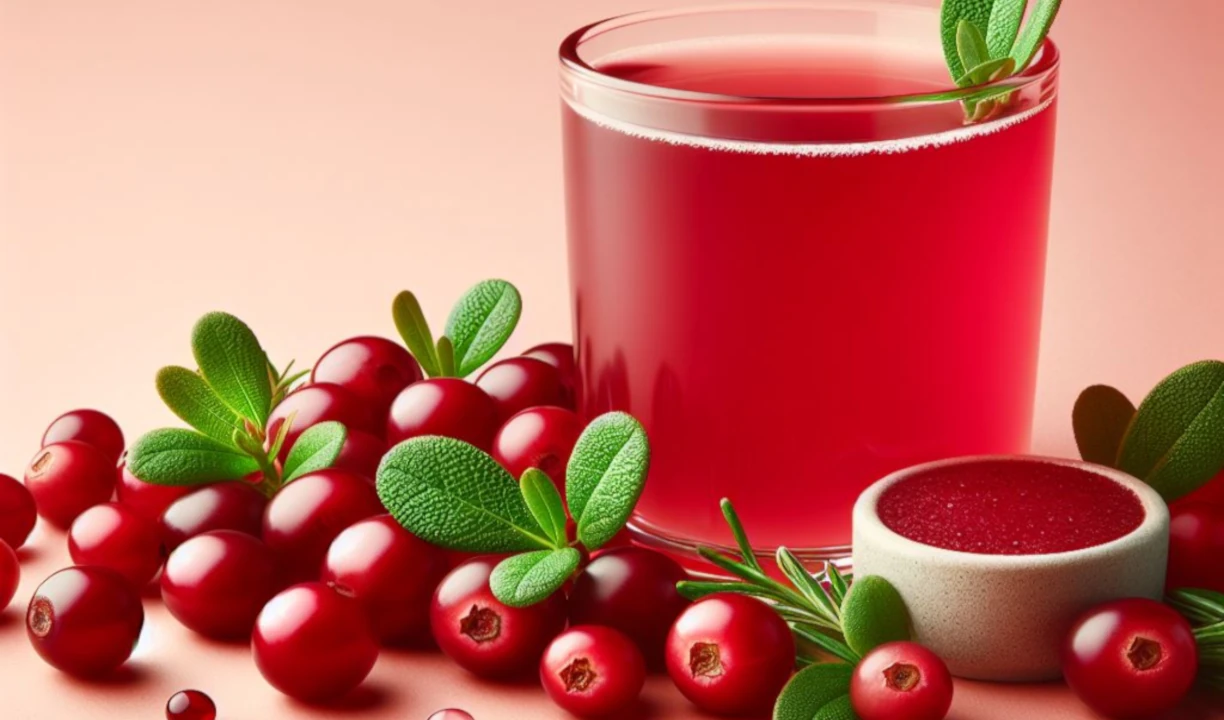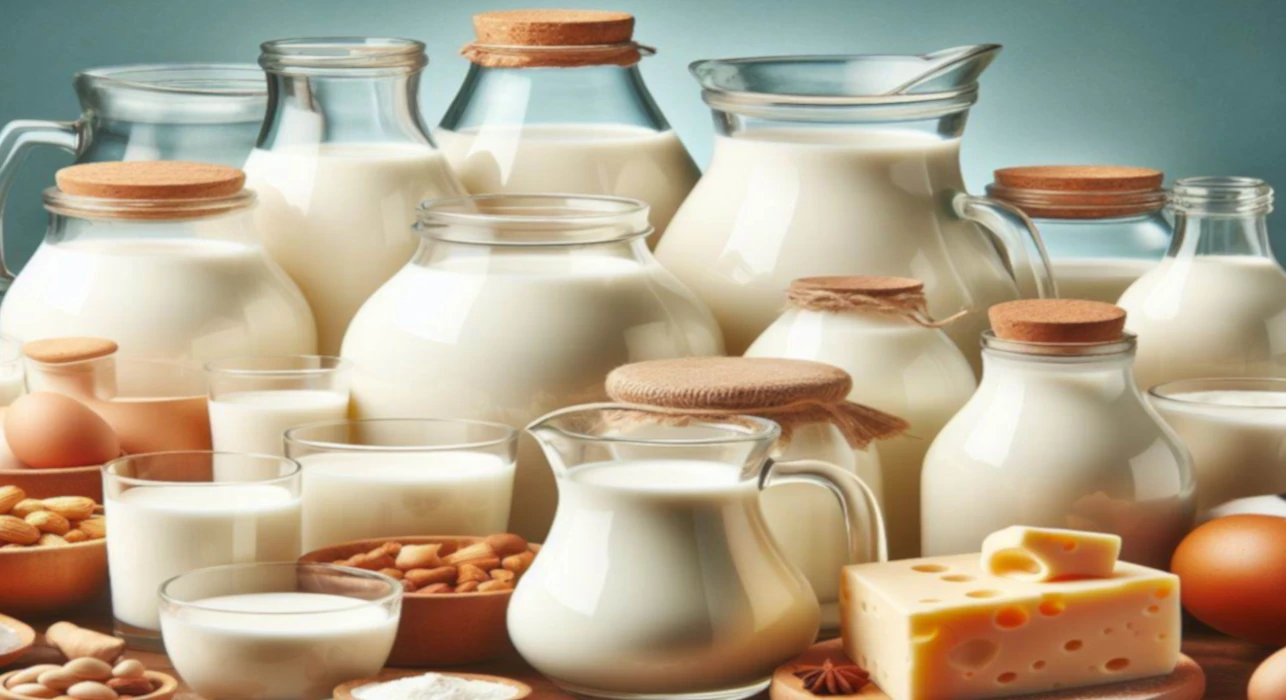Pumpkin Seeds and Squash Lysine and Arginine Info Sheet
Overview
Pumpkin seeds and squash are the edible parts of the pumpkin plant, which belongs to the gourd family.Pumpkin seeds are also known as pepitas, and they have a green color and a nutty flavor.
Squash is the term used for the flesh of the pumpkin, which can be yellow, orange, or white.
Pumpkin seeds and squash are nutritious foods that offer many health benefits.
Pumpkin seeds are high in protein, healthy fats, magnesium, zinc, and iron.
They can help lower cholesterol, blood pressure, and blood sugar levels.
They also have anti-inflammatory, anti-microbial, and anti-parasitic properties.
Squash is low in calories and high in fiber, vitamin A, vitamin C, and potassium.
It can help boost immunity, vision, and skin health. It can also prevent constipation and lower the risk of some cancers.
| Name | Lysine (mg/100g) | Arginine (mg/100g) | Ratio |
|---|---|---|---|
| Pumpkin Seeds and Squash | 1807.1mg | 3978.6mg | 0.454 |
Pumpkin Seeds and Squash contains 1807.1mg of Lysine and 3978.6mg of Arginine per 100g of product.
This means Pumpkin Seeds and Squash has a low Lysine-Arginine ratio of 0.454.
Because Pumpkin Seeds and Squash contains much higher levels of arginine than lysine, limiting its consumption is recommended by people who suffer from herpes, as it may trigger outbreaks.
Lysine Considerations
Pumpkin seeds and squash are excellent sources of lysine, as they provide about 251% and 144% of the RDI per 100 grams, respectively.
Lysine is an essential amino acid that is important for protein synthesis, collagen formation, and immune function.
Lysine can also help prevent or treat herpes infections, as it inhibits the growth of the herpes simplex virus.
People who eat pumpkin seeds and squash regularly can meet their lysine needs easily.
Lysine has the potential to prevent or treat cold sores, which are blisters caused by the HSV-1 virus, also known as herpes.
Lysine operates by working against the proliferation of HSV-1, which relies on another amino acid, arginine, to reproduce and infect cells.
Lysine can only be acquired through our diet, and is present in a variety of high-protein foods such as eggs, dairy, fish, meat and poultry.
Arginine Considerations
Pumpkin seeds and squash are also excellent sources of arginine, as they provide about 881% and 311% of the RDI per 100 grams, respectively.
Arginine is a semi-essential amino acid that is involved in nitric oxide production, wound healing, and immune response.
Arginine may also have some benefits for cardiovascular health, erectile dysfunction, and exercise performance.
However, people with herpes infections should limit their intake of arginine, as it may trigger or worsen outbreaks.
Arginine has many benefits for our overall health and performance, such as lowering blood pressure, enhancing wound healing, and increasing exercise endurance.
Arginine can also affect the herpes virus, which causes cold sores and genital herpes.
Studies suggest that arginine may help the virus grow and cause outbreaks, so people with herpes may want to avoid foods that are high in arginine or take lysine supplements to block its effects.
Lysine-Arginine Ratio
Pumpkin seeds and squash have a low lysine-arginine ratio, which means they have more arginine than lysine.
This may be beneficial for some people, such as those with high blood pressure, poor circulation, or erectile dysfunction.
However, it may be harmful for others, such as those with herpes infections, as it may increase the risk of viral replication and outbreaks.
People who eat pumpkin seeds and squash should balance their diet with foods that have a higher lysine-arginine ratio, such as dairy, eggs, fish, or soy.
Both lysine and arginine are essential for protein synthesis and various other bodily functions.
They, however, have opposing effects on the herpes simplex virus, which causes cold sores and genital herpes.
Lysine can inhibit the replication of the virus, whereas arginine can stimulate it.
Thus, a diet rich in foods with a high lysine to arginine ratio may help reduce the occurrence and severity of herpes outbreaks.
Foods that have a high lysine-arginine ratio include dairy products, fish, poultry, fruits, and vegetables.
These foods can provide the body with enough lysine to compete with arginine and inhibit the virus from replicating and causing outbreaks.
Dietary Considerations
Most vegetables are somewhat low in in calories and a good source of in vitamins, minerals, and antioxidants.
Many vegetables have more lysine than arginine, such as beets, turnips, tomatoes, soybean sprouts, potatoes, celery, sweet potatoes, squash, and green beans.
These vegetables can help prevent or treat herpes outbreaks, as lysine can suppress the herpes virus.
Other vegetables have more arginine than lysine, such as peas, carrots, broccoli, cauliflower, and mushrooms.
These vegetables can still be consumed in moderation, as they have other health benefits.
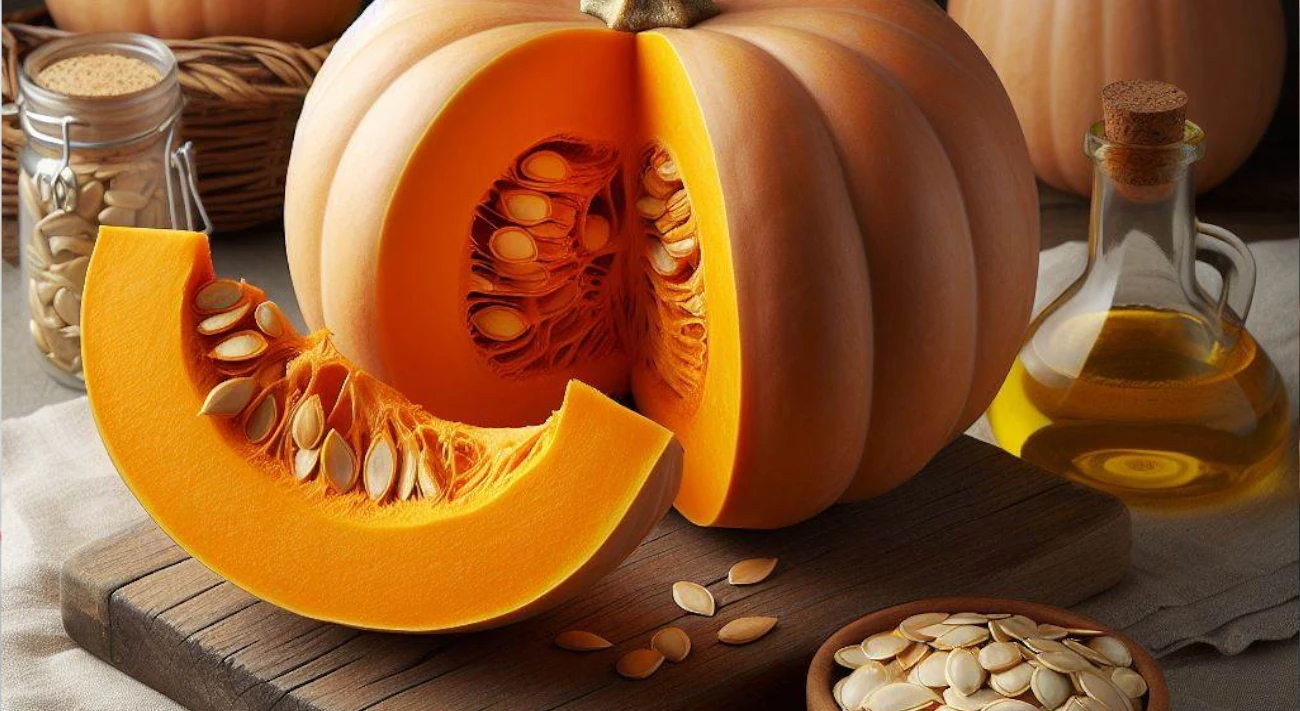
For instance:
A well-balanced and healthy diet that strengthens your immune system and lowers inflammation is important.
This means you should eat a lot of fruits, vegetables, whole grains, lean protein, and good fats, and avoid processed foods, added sugars, alcohol, and caffeine.
Drinking enough water to keep yourself hydrated and remove toxins from your body.
Water can also help prevent dryness and irritation of the skin and mucous membranes, which can result in fewer outbreaks.
You may want to take l-lysine supplements.
L-lysine is known to prevent herpes outbreaks and it can help stop a cold sore in its initial stages by "starving" the virus of arginine before it has a chance to cause a cold sore.
Taking other food supplements that can improve your immunity and protect your cells from oxidative stress, such as vitamin C, zinc, selenium, and antioxidants.
Avoiding foods that can cause allergic reactions or sensitivities, such as gluten, dairy, nuts, eggs, or shellfish.
These foods can trigger inflammation and weaken your immune system, making you more susceptible to outbreaks.
Foods that can boost your immunity and fight inflammation are essential to prevent outbreaks.
Honey, yogurt, aloe vera, and chamomile are some examples of these foods.
They can also soothe your symptoms and help you recover quicker by reducing pain, swelling, and itching.
Check more food information
